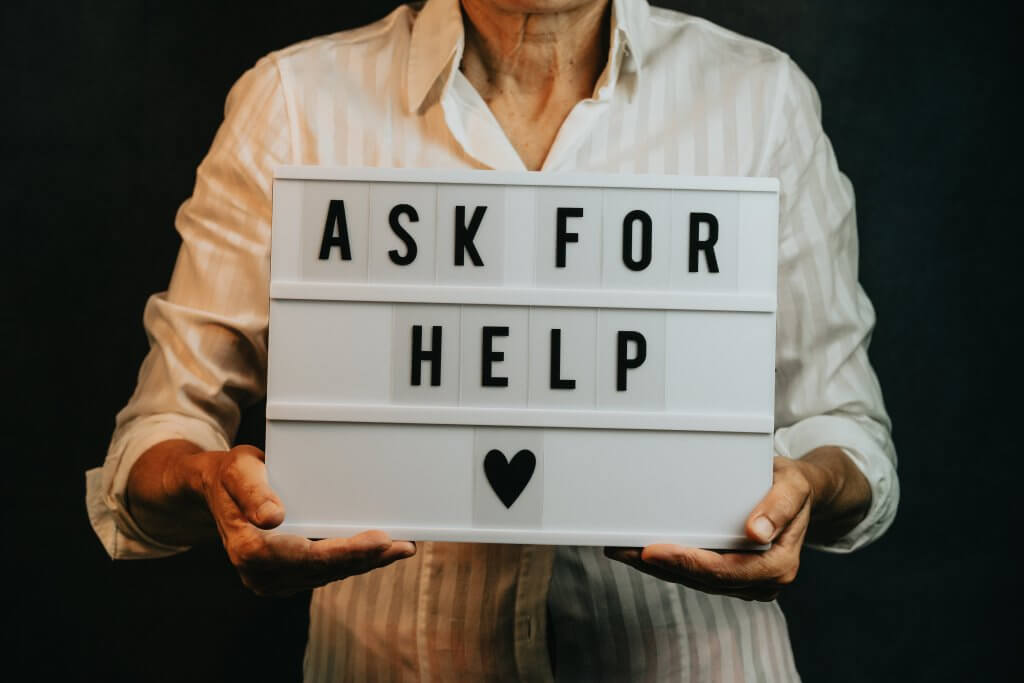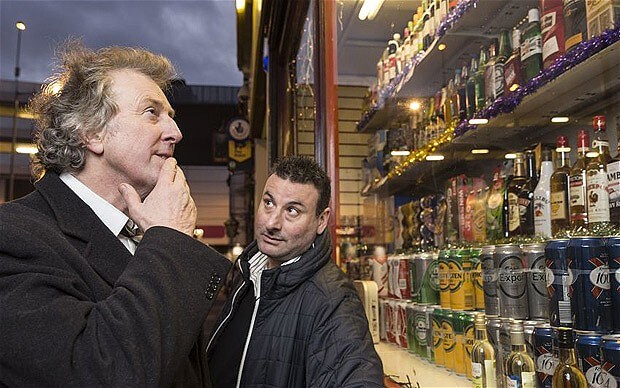
Over my professional career as an Addiction Consultant, I’ve talked with thousands of family members about their loved one, who more often than not doesn’t have the same desire to change their drinking or drugging habits as the rest of their family would prefer.
This has meant that over the years and indeed generations, far too many people who genuinely have serious problems with alcohol or drugs but aren’t able to admit or even accept them, have made a difficult time even harder for themselves and their families to bear.
So over the years, tragically, generations of families have had to watch their loved one’s perish through alcohol or narcotic related illness and problems, not to mention accidental overdose, or choking on their vomit whilst passed out.
There are many reasons why these family members see their loved ones struggle and have a very difficult time in getting their loved ones the right assistance, but the most common thing I hear is the dogma that we’re told that the alcoholic / addict will only stop when they’re ready to stop.
It is this story that’s killing the most of amount of alcoholics and addicts, because it leaves the decision to stop in the hands of the very people with the addiction problem which tells them they don’t have a problem in the first place, and reminds them many times a day, or even hourly that they must consume the very poison that’s killing them!
The idea that the family of an alcoholic or an addict must wait for them to have completely extinguished their desire to remain inebriated, stoned or high and for them to become ready to recover from their addictive disease is why so many alcoholics and addicts die before they’re ever been introduced to recovery and an alternative lifestyle filled with the riches and warm opportunities most of Western civilization takes for granted.
Here are six methods I can suggest on how to convince a person in denial or somehow struggling with their alcohol and / or drugs misuse to get the help they need to heal and recover.
1 ) Sober Intervention
By far the most effective, loving and healthy way to confront the alcoholic / addict who is expressing very little willingness to accept help or change, a Sober Intervention raises the perceived pain of continuing to drink / use drugs versus the proposed pain of accepting the help we’re trying to offer them right here, right now, right away.
Sober Interventions involve the immediate family around the alcoholic / addict – the people they cognitively understand love them and have their best interests at heart.
The family get together with the Sober Interventionist and through a structured process they confront the alcoholic / addict’s behaviours with absolute love, complete honesty and strong bottom line boundaries, all through the process politely and genuinely asking the alcoholic / addict to accept the help they’re being offered.
Each family member takes their turn while the Sober Interventionist guides the session and leads the vibe within the room, keeping everybody calm as much as possible and ensuring the smooth process to successful completion.
The alcoholic / addict has to listen to some hard truths about themselves and for a short window of time they appear from behind their mask (their addict personality) and experience an emotional breakthrough, which permits them to accept the help we’re offering them.
2) Social Proof Intervention
In some cases, when the drinker / drug user has not yet descended too deeply into their addiction we can convince them to take immediate action towards change fairly quickly via Sober Coaching or by engaging them in conversation with someone who has already recovered and is well into the journey of recovery already.
This process or conversation will use a mixture of inspiration, motivation and the power of hope to explain to the addict what will happen if they do not accept that they need help, and equally importantly, all the great things that can happen when someone does surrender themselves to a new design for living.
Basically, the expert is not only warning the person of the dire consequences of what will happen if they do not change their ways, but also exciting them about the limitless possibilities of what they achieve with their life if they’re sober and drug free. The expert should be vivid as possible and hold nothing back. The goal is to convince the person to get help and have an incredible future, or that to continue to resist and engage in their addiction will lead to difficult life scenarios and potentially severe consequences.
This process is similar to the Sober Intervention but best suited to people at the very beginning of their drinking / drugging career, for instance, young adults or people who don’t have a long history of addictive illness or strong addictive patterns already formed.
3) Use The Services of A Sober Professional Or A Former Alcoholic / Addict
Try to find a Sober professional or even a former addict who has “Been There” to talk to the person. This is similar to the 2nd method, however instead of warning the person, these professionals can use their skills to talk and try to reason with the person.
These experts are usually well trained to pick up any signs of positive responses the alcoholic / addict can give off and then use a proactive approach into trying to convince them to accept help to change.
The goal is to try to reason and talk with the person so they can accept further professional help to bring about permanent behavioural change.
4) Find Out The Reasons Why The Person Won’t Get Help
Many people overlook this suggestion, but it’s really very powerful if managed appropriately.
Ask them to list 5 reasons why they won’t accept get help. Expect them to explain in full with valid reasons. At first, they will say all kinds of things to justify how little damage (if any) the alcohol and / or drug use is creating (we call this minimisation), but continue to engage the person and attempt to get the 3 really strong reasons why they refuse to get help. It’s likely to take a while, especially if they’re really resistant, but explain to them that you’ll be forced to bring in some outside help if they’re unable to justify their drinking / drugging with 5 good reason or at least 3 strong reason. Do listen to what they say and judge their answers accordingly. One or two or maybe even three of them may be satisfactory answers, for instance, “It’s how I unwind with my friends”, but it’s more likely that they’ll be unable to genuinely think or even 2 actual reasonable answers.
Note: Fear and Frustration will be huge factors for the person to not completing this task.
Once you do get their answers, write them down on a piece of paper and exclaim that you’re going to keep these under consideration and will bring them back up if the person’s health (physical, mental or emotional) deteriorates any further.
Use this period of consideration as an opportunity for them to sort themselves out by themselves or know that if they fail that you’re going to step in and take matters into your own hands in order to secure their recovery.
5) Determine The Solutions To Those Barriers
Once you get those answers from them written down, contact a professional or an expert to go through their barriers to accepting help and to offer solutions to whatever the issues may be.
For example, if the person says that they will not get help because they tried to stop a few times before and they failed, and that they know they will fail again, then the professional will be able to come to a solution that fits this individual’s challenges far better than the individual currently believes.
For instance: “Yes, you tried to get better and failed, however this time we will do things differently. We will keep a daily diary of everything you do and we’ll note what you do each day to maintain your sobriety or recovery. If you stumble or fail you will write down the thoughts and feelings at that moment and why you struggled. Then we can read your journal / diary and discover what was triggering or where things went wrong. Once we know what went wrong, we will know how to prevent this from happening again.”
6) Talk to Them instead of Talking At Them
Nobody wants to be lectured to. Most people find it annoying to some degree. But to an Addict, it can often seem to push their buttons and send them wreathing with resentment, anger and bitterness.
Talk honestly with them, without beating around the bush to protect their feelings, and tell them that it will require some hard work on their part but that they can recover, if they want a life beyond their current dreams.
If they don’t receive help of some kind then we know they will suffer further, so it’s important to tell them this. The person who is struggling may well be scared and they’ll need help overcoming their anxieties and resistance towards getting help.
Hopefully, sooner or later, you will be able to get through to the them through brutal honesty, but like advertising, the key is to be persistent. Be very persistent. And patient. Or choose one of the more dramatic but instance solutions listed earlier.












